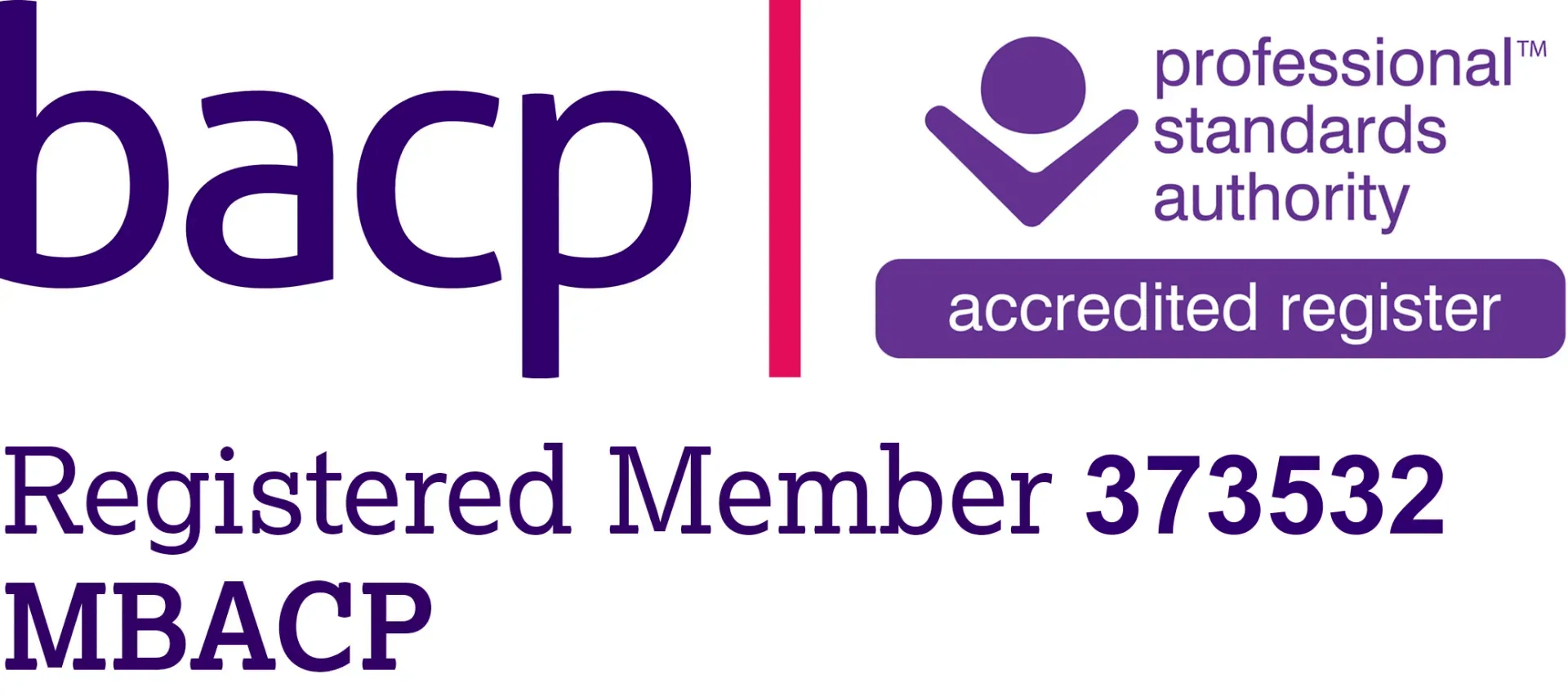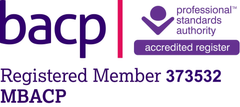THERAPY
Counselling - Usually shorter term and issue specific.
Psychotherapy
-
Usually longer term and involves more un-packing.
‘Integrative’ - Joining different modalities to suit the individual, being able to offer what you need, when you need it, like a tool belt with a good range of quality tools.
My tool kit includes the following approaches; (cherry-picked, short overviews below)
Psychodynamic
Wants to understand how you experienced life back then, and what developed in you as a child that may still be prevalent today.
This approach also links the here and now, and life for you outside of the therapy room, through your feelings, thoughts and memories and linking this with theory such as attachment theory and inner child work to support your healing process and gain a deeper understanding.
The focus is what is going on for you unconsciously, where does it all come from and what is that trying to tell you? Psychodynamic can also focus on what is going on for you and your counsellor in the therapeutic relationship, this too helps to bring about a deeper sense of self awareness and healing in the process.
CBT (Cognitive Behavioural Therapy)
CBT wants to know why you are here and offer solution focused therapy that is more focused in the here and now, ideas to take away and consider or work with.
Work sheets just to gain focus or expand your mind.
Working with how you think and your self-talk.
It might involve focusing on your behaviour towards yourself and others and help you to recognise triggers, how you react and deal with things and how this could perhaps bring about change.
This style of therapy could look at adapting a fresh approach of seeing things in a new light, which in turn can help with how you feel and deal with situations you may currently have difficulty with.
CBT is supportive and can help you to deal with difficulties that you can't change and with difficulties that you can.
Person Centred
This approach creates space and time for you, a non-directive style of therapy that follows your lead, where you need to go and allows you time to think and link. This is an empowering type of therapy. Person centred focuses on your inner world too and how that may have been created with ‘oughts and should’s ……our upbringing and how that has shaped us but may feel in conflict with now.
It’s about being congruent with the different parts of ourselves, our true selves, whatever or whoever we may be faced with.
This therapeutic approach usually brings about grounding with acceptance and helps to facilitate growth and change.
It is also supportive with you discussing experiences that you may or may not not want to accept or understand.
EFT (Emotion Focused Therapy)
A sense of healing usually occurs through the process of EFT. Emotions are what drive us, compel us, motivate and scare us. Emotions can hurt us deeply but can also heal us.
Our feelings hold a lot of important information, leading us to discover more about ourselves and gain more insight into our inner worlds and workings.
Sometimes we can feel detached but don’t worry that’s just holding it together to protect you. It’s okay. We can work with that too. We have defences for a reason and this approach does understand that.
This style of therapy can also just be supportive through difficult times. Sometimes our hearts need more time to accept what the mind already knows, and being able to talk about it helps.

